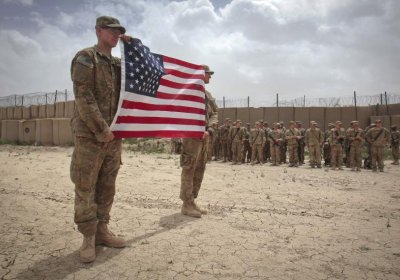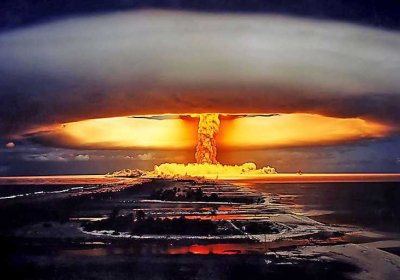United States President Donald Trump announced that the US would continue the ongoing war in Afghanistan, which is already the longest war in US history, Democracy Now! reported on August 22.
The Pentagon is likely to deploy about 4000 more US troops to Afghanistan in the coming months. In recent months, the US has intensified its air war in Afghanistan. During June, the US carried out 389 airstrikes in Afghanistan — the highest monthly total in five years.











